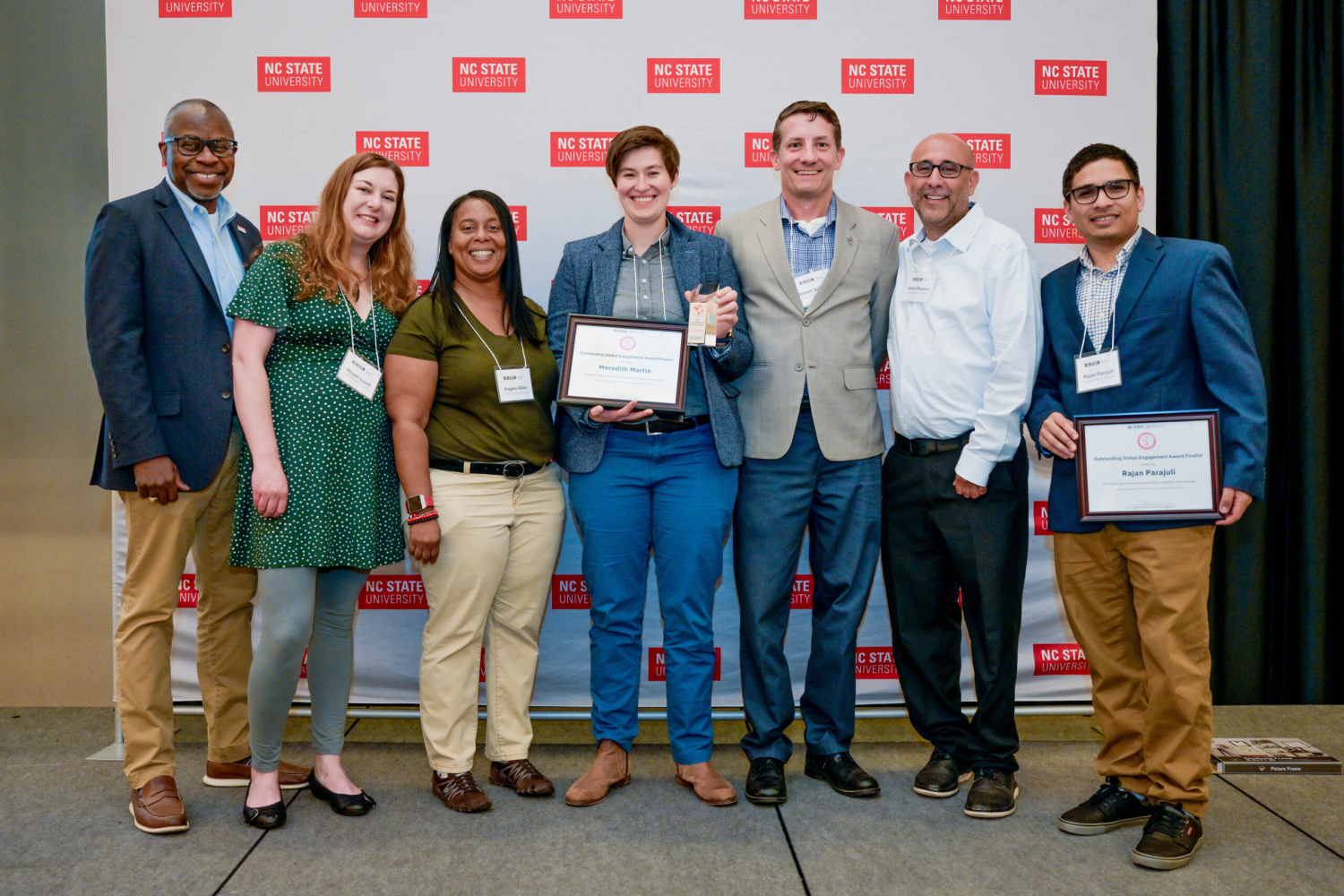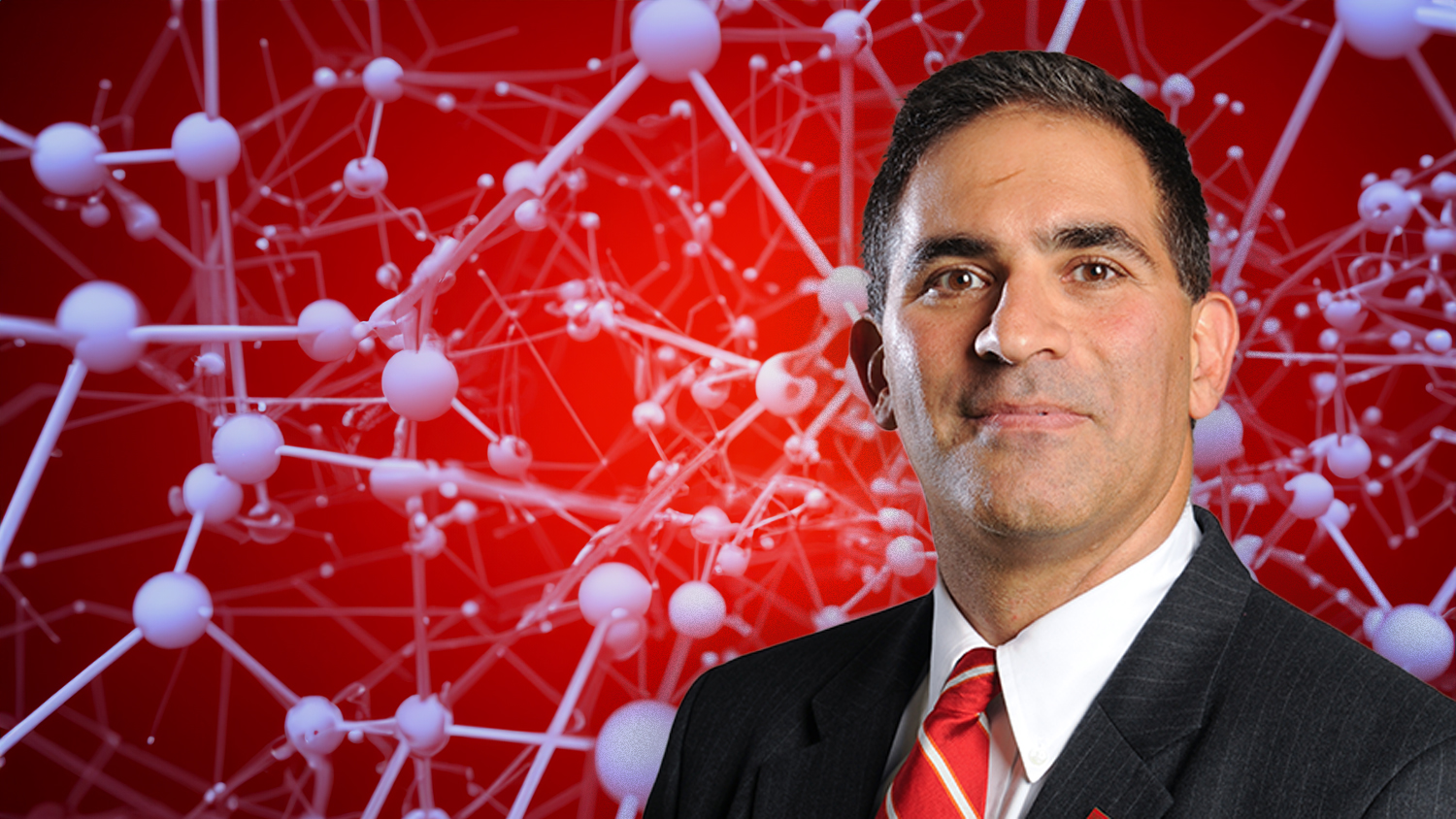Gu receives Young Investigator Award from Controlled Release Society


Dr. Zhen Gu, associate professor in the UNC/NC State Joint Department of Biomedical Engineering, has received the Young Investigator Award from the Controlled Release Society.
The Controlled Release Society (CRS) was incorporated in 1978 as a not-for-profit organization devoted to the science and technology of controlled release. The field of controlled release encompasses scientific and technical efforts to regulate the spatial and temporal effects of agents in diverse areas including human and animal health as well as non-pharmaceutical areas such as agriculture, cosmetics and consumer products, and the environment.
The CRS Young Investigator award recognizes a CRS member, who has made outstanding contributions in the science of controlled release, and is 40 years of age or younger in the year the award is presented.
Gu joined NC State and UNC-Chapel Hill in 2012, and has since created dozens of technologies and techniques aimed at delivering the right drug to the right place at the right time to maximize the impact of therapeutic medications. Gu’s work is truly interdisciplinary, drawing on biomolecular engineering, materials chemistry, nanotechnology and other fields in his efforts to develop more effective drug delivery tools and techniques.
Gu’s research on regulating insulin in diabetic patients has been recognized by the American Diabetes Association with $1.6 million in funding under its Pathway to Stop Diabetes initiative. Gu’s work on diabetes includes the development of a “smart insulin patch” and multiple injectable nanoscale systems that can help to regulate insulin.
Gu has also developed a suite of new approaches for targeting the delivery of anti-cancer drugs directly to tumors.
Gu has created nanoscale “daisies” and graphene “flying carpets” that deliver anti-cancer drug cocktails directly to cancer cells. The graphene flying carpets also have mechanisms that deliver each drug to the specific part of the cancer cell where it will do the most damage – as does another technique he developed that uses so-called gel liposomes.
Gu’s lab has also developed “nano-cocoons,” nanocapsules and a delivery system activated by the presence of the “energy molecule” ATP, all of which have ways of tricking a cancer cell into absorbing them before triggering the release of the anti-cancer drugs – like tiny, anti-cancer smartbombs.
- Categories:


